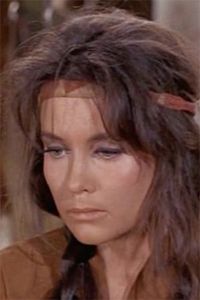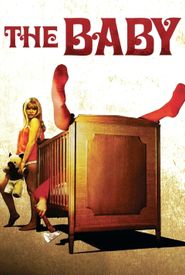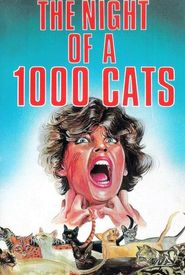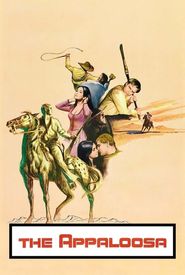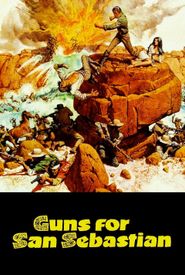Anjanette Comer, a talented American actress, came into this world on August 7, 1939, in the charming town of Dawson, Texas, United States of America.
She is renowned for her captivating performances in a variety of films, including the psychological horror classic "The Baby" released in 1973, the Spanish Western "Guns for San Sebastian" from 1968, and the satirical comedy-drama "The Loved One" from 1965.
